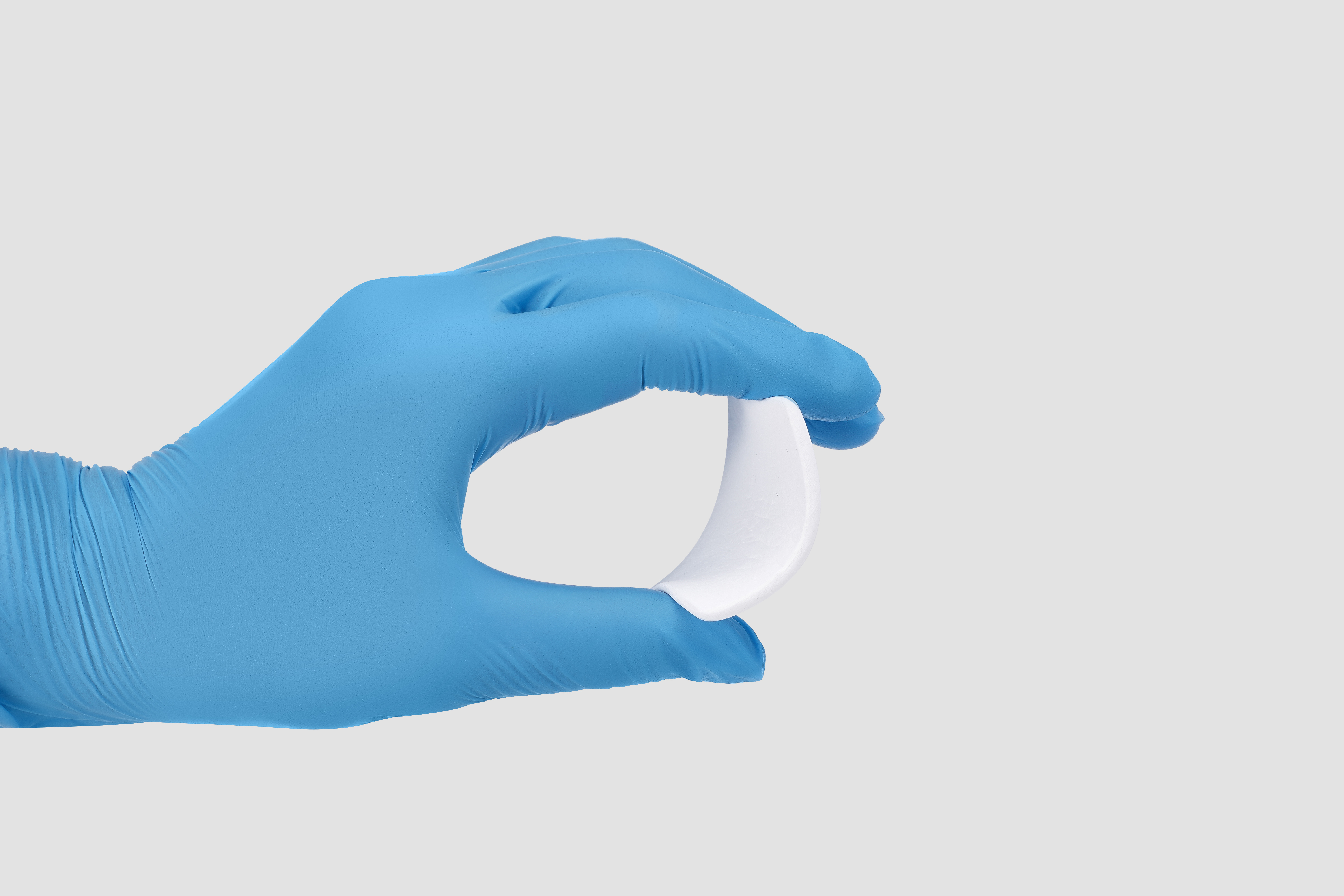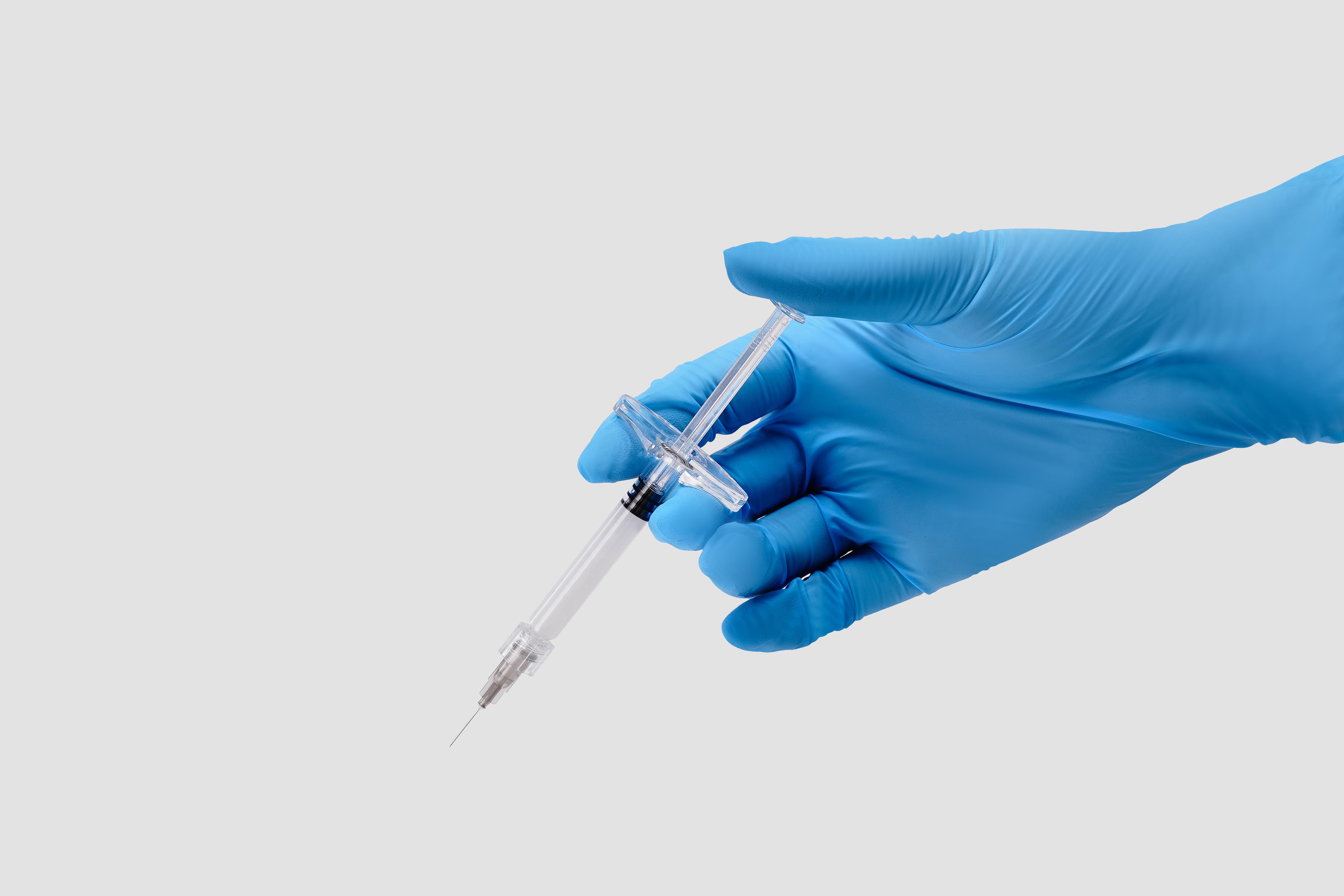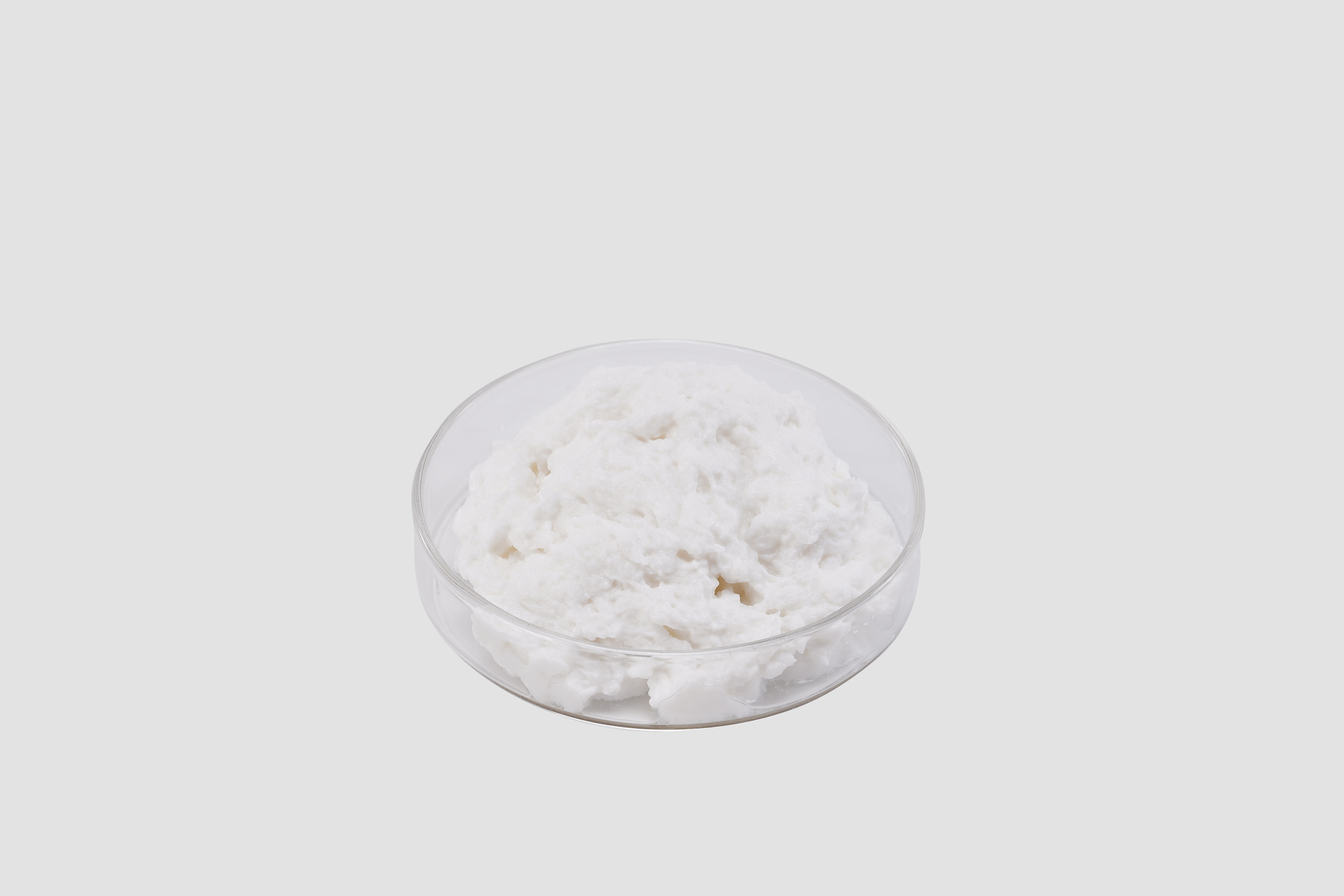Views: 0 Author: Site Editor Publish Time: 2025-09-23 Origin: Site
Collagen is vital for body structure, but did you know its medical grade collagen form transforms healthcare? Medical grade collagen is crucial for wound healing, cosmetic surgery, and tissue engineering. In this post, you'll learn about its types, characteristics, and diverse medical applications.

Medical grade collagen primarily includes types I, II, III, IV, and V. Each type has unique roles and applications:
Type I: Most abundant in the body, found in skin, tendons, bones. Used widely in wound healing, cosmetic surgery, and tissue engineering.
Type II: Predominantly in cartilage; essential for joint repair and orthopedic medical products.
Type III: Present in skin, muscles, and blood vessels; often combined with Type I for skin regeneration and vascular repairs.
Type IV: Forms basal lamina in the basement membrane, crucial for filtration and structural support in tissues.
Type V: Found in cornea, hair, and placenta; supports tissue strength and is used in specialized medical applications.
Each collagen type suits specific medical needs based on its natural location and function in the body.
Medical grade collagen is distinguished by strict attributes ensuring safety and effectiveness:
High Purity: It undergoes rigorous purification to remove contaminants, pathogens, or immunogenic substances.
Biocompatibility: Designed to integrate seamlessly with human tissues, minimizing immune reactions.
Sterility: Manufactured under sterile conditions to prevent infections during medical use.
Controlled Molecular Structure: Maintains native triple-helix configuration or tailored modifications to enhance performance.
Source Traceability: Derived from well-documented animal or recombinant sources, ensuring consistent quality.
These features guarantee that medical grade collagen performs reliably in clinical settings.
Non-medical grade collagen, often used in cosmetics or supplements, differs significantly:
| Feature | Medical Grade Collagen | Non-Medical Grade Collagen |
|---|---|---|
| Purity | Very high; free of contaminants | Lower; may contain impurities |
| Sterility | Sterile for safe implantation or injection | Not sterile; for topical or oral use |
| Biocompatibility | Tested for minimal immune response | Not guaranteed |
| Regulatory Oversight | Subject to strict regulations (FDA, EMA) | Less regulated |
| Application | Used in wound care, implants, tissue repair | Used in skincare, dietary supplements |
Medical grade collagen undergoes comprehensive testing to meet medical standards, unlike its cosmetic or nutritional counterparts.
Tip: Always verify collagen source and purity when selecting materials for medical applications to ensure patient safety and treatment efficacy.
Medical grade collagen stands out for its exceptional biocompatibility. It integrates smoothly with human tissues, causing minimal immune response or inflammation. This is crucial because the body must accept the collagen without triggering adverse reactions. To ensure safety, medical grade collagen undergoes extensive testing, including cytotoxicity, sensitization, and irritation assays. These tests confirm it is safe for implantation, injection, or wound contact. Additionally, it is sourced from carefully screened animals or produced via recombinant technology to reduce risks of disease transmission or allergic reactions.
Purity is a defining trait of medical grade collagen. It is highly purified to remove contaminants such as proteins that might cause immune reactions, endotoxins, or pathogens. The manufacturing process follows stringent quality controls and complies with regulatory standards like those set by the FDA and EMA. These standards cover raw material sourcing, processing methods, sterilization, and packaging. The collagen maintains its native triple-helix structure or is modified intentionally to enhance specific properties like degradation rate or mechanical strength. Traceability from source to final product ensures consistent quality and safety.
Medical grade collagen performs reliably across various clinical uses. Its biocompatibility supports tissue integration and healing, while its purity minimizes complications. In wound healing, collagen provides a scaffold for new tissue growth and attracts cells essential for repair. In cosmetic surgery, it supports skin regeneration and volume restoration. Tissue engineering benefits from collagen’s mechanical strength and ability to mimic natural extracellular matrices. Its controlled degradation allows gradual replacement by the patient’s own tissue. Overall, medical grade collagen meets the demanding requirements of medical professionals, ensuring effective and safe patient outcomes.
Tip: Prioritize collagen products certified for medical use to guarantee biocompatibility and purity essential for successful clinical applications.
Collagen plays a vital role in wound healing. It acts as a natural scaffold that supports new tissue growth. When a wound occurs, the body requires collagen to rebuild damaged skin and connective tissue. Collagen attracts fibroblasts—cells that produce more collagen and other fibers essential for repair. This process helps wounds close faster and with better structural integrity.
Wound healing happens in four stages: homeostasis, inflammation, proliferation, and maturation. Collagen is especially important during the proliferative and maturation phases. It provides strength to new tissue and helps reduce scar formation by cross-linking collagen fibers. Medical grade collagen dressings are often used for chronic wounds, diabetic ulcers, and burns. These dressings supply collagen directly to the wound, promoting faster healing and reducing infection risk.

In cosmetic surgery and dermatology, collagen is widely used to restore skin volume, improve texture, and promote regeneration. Injectable collagen fillers not only add immediate volume but also stimulate the body’s own collagen production over time. This leads to natural, long-lasting results in facial contouring, wrinkle reduction, and skin rejuvenation.
Non-invasive treatments like microneedling and radiofrequency devices (e.g., Morpheus8) create controlled micro-injuries in the skin. These injuries trigger the body's healing response, boosting collagen synthesis and improving skin firmness and elasticity. Ultherapy uses focused ultrasound energy to tighten skin by stimulating collagen deep within tissue layers.
These collagen-stimulating procedures are popular because they offer gradual, natural-looking improvements without surgery or downtime. They help combat signs of aging such as sagging skin, fine lines, and loss of volume.

Tissue engineering relies heavily on medical grade collagen due to its biocompatibility and structural properties. Collagen scaffolds mimic the natural extracellular matrix, providing a framework for cells to grow and regenerate tissue. These scaffolds support cell attachment, proliferation, and differentiation, making them ideal for repairing or replacing damaged tissues.
Collagen-based biomaterials are used in regenerative medicine for skin grafts, cartilage repair, bone regeneration, and even organ development. Their controlled degradation rates allow gradual replacement by the patient’s own tissue, ensuring integration and function.
Advances in collagen technology, such as recombinant collagen and cross-linked collagen matrices, improve mechanical strength and tailor degradation to specific clinical needs. This versatility makes collagen a cornerstone material in tissue engineering research and applications.
Tip: When selecting collagen products for medical applications, choose those specifically designed for wound care, cosmetic procedures, or tissue engineering to ensure optimal performance and safety.
Ultherapy is a non-invasive treatment that uses focused ultrasound energy to stimulate collagen production deep within the skin. It’s FDA-cleared and Health Canada-approved for lifting and tightening areas like the face, neck, and chest. The ultrasound targets specific skin depths, encouraging the body’s natural healing response to create new collagen over time. This results in a gradual, natural lift without surgery or downtime. Typically, only one session is needed, making it a convenient option for those wanting firmer skin without invasive procedures.
Microneedling, also called collagen induction therapy, involves tiny needles creating controlled micro-injuries in the skin. These small wounds trigger the body’s healing process, boosting collagen and elastin production. It improves skin texture, reduces acne scars, and tightens pores. The treatment is quick and minimally invasive, with visible results appearing within four to six weeks.
Morpheus8 enhances microneedling by combining it with radiofrequency (RF) energy. The RF creates controlled heat beneath the skin, amplifying collagen remodeling. It can treat multiple skin layers at once, making it effective for both the face and body. Morpheus8 tightens skin, smooths texture, and reduces laxity. When combined with Platelet-Rich Plasma (PRP) therapy, results improve further. Unlike some treatments, Morpheus8 offers deeper penetration and stronger collagen stimulation.
Tip: Choose collagen treatments performed by experienced clinicians to maximize safety, effectiveness, and natural-looking results.

Cross-linking techniques improve collagen’s mechanical strength and control degradation rates, enhancing performance in implants and scaffolds.
Advanced biomaterials combine collagen with synthetic polymers or growth factors to create hybrid scaffolds that better mimic natural tissue environments. Nanotechnology enables collagen nanoparticles or fibers that can deliver drugs, growth factors, or cells precisely where needed. 3D bioprinting uses collagen-based bioinks to fabricate complex tissue structures tailored to patient needs.
Additionally, novel delivery systems such as injectable collagen hydrogels and collagen-based wound dressings with antimicrobial properties improve ease of use and clinical outcomes. Personalized collagen therapies guided by patient-specific data and regenerative medicine principles are emerging as future trends.
The future of medical grade collagen looks bright. Integration with cutting-edge technologies will expand its applications beyond traditional wound healing and cosmetic uses. Tissue engineering and regenerative medicine will benefit from collagen’s improved properties and customized scaffolds. Collagen-based biomaterials may enable organ regeneration and advanced implants.
Ongoing research into collagen’s molecular biology will reveal new ways to modulate its synthesis and degradation in the body. Combining collagen treatments with gene therapy or stem cell therapy holds potential for enhanced regeneration.
As manufacturing processes become more efficient and regulatory pathways clearer, medical grade collagen will become more accessible and affordable. This will allow wider adoption in healthcare, improving patient outcomes in chronic wound care, reconstructive surgery, and dermatology.
Tip: Invest in collagen products developed with recombinant technology and advanced cross-linking to ensure consistent quality, safety, and tailored performance for medical applications.
Medical grade collagen, including types I-V, plays vital roles in wound healing, cosmetic surgery, and tissue engineering. Its high purity, biocompatibility, and sterility distinguish it from non-medical grade collagen, ensuring reliable performance in clinical settings.. Guangdong Victory Biotech Co., Ltd. offers high-quality collagen products, providing value through superior biocompatibility and tailored performance for medical use.
A: Medical grade collagen is a highly purified, biocompatible protein used in medical applications like wound healing and tissue engineering, ensuring minimal immune reactions and high safety standards.
A: In cosmetic surgery, medical grade collagen is used in injectable fillers to restore skin volume and stimulate collagen production, improving skin texture and reducing wrinkles naturally.
A: Medical grade collagen is preferred due to its high purity, sterility, and strict regulatory oversight, making it safer and more effective for clinical applications compared to non-medical grade collagen.
A: Medical grade collagen acts as a scaffold for new tissue growth, attracting fibroblasts to repair damaged skin, accelerating wound closure, and reducing scar formation.
Foshan Facility
Guangdong Victory Biotech Co., Ltd.
Address: 4F., A11, Guangdong New Light Source Ind00ustrial Park, Luocun, Shishan Town, Nanhai District, Foshan City, Guangdong Province, 528226, China.
Tel: +0757 8561 9788
Mobile: +86 18138941037
Email: service@victorybio.com
Wuzhou Facility
Wuzhou Victory Biotech Co., Ltd.
Address: Building 29, No. 30, 31, Fudian Shangchong, Xijiang Fourth Rd., Wuzhou City, Guangxi Province, China.
